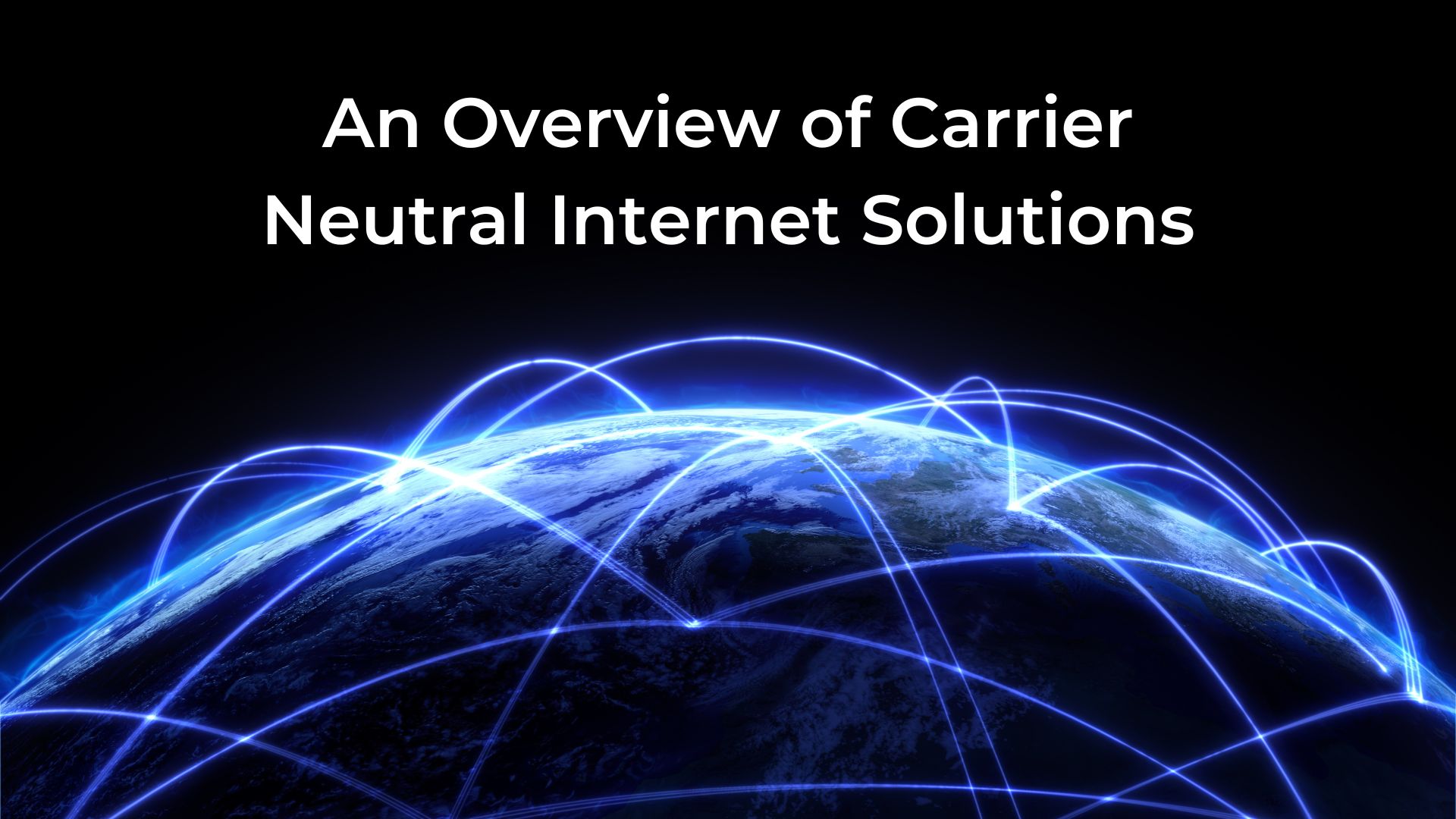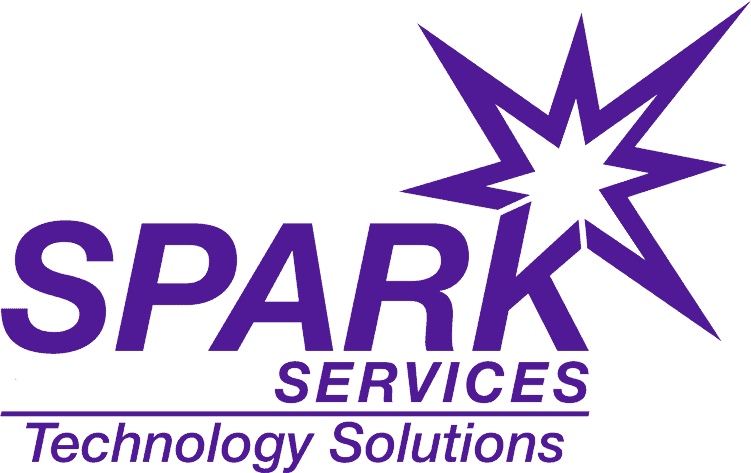
In the expanding world of digital communications, businesses are increasingly looking for reliable and cost-effective Internet services.
Carrier Neutral Internet Solutions offer a strategic approach to connectivity that can benefit businesses in multiple sectors by providing more flexibility, improved performance, and potentially lower costs.
This blog explores what carrier neutral internet entails and why it is becoming a preferred choice for many organizations.
These solutions not only accommodate diverse business needs across various industries but also support the growing demands for bandwidth and data transmission efficiency, making them a versatile and robust option for modern connectivity requirements.
Understanding Carrier Neutral Internet Solutions
Carrier Neutral Internet Solutions refer to data centers or network facilities that allow businesses to access multiple carriers or internet service providers (ISPs) from a single point.
Unlike traditional data centers operated by a single carrier, carrier-neutral facilities provide the infrastructure where multiple ISPs can house their network equipment.
This arrangement gives businesses the freedom to choose their preferred services without being tied to a single provider. By hosting various ISPs, these facilities not only enhance competition but also promote higher standards of service and innovation among providers.
The flexibility in choosing or switching providers without logistical constraints supports businesses in optimizing their internet services according to changing needs and market conditions.
This model not only boosts connectivity options but also encourages a more competitive pricing structure, benefitting the end users.
Benefits of Carrier Neutral Internet Solutions
- Increased Flexibility and Choice: One of the primary advantages of Carrier Neutral Internet Solutions is the flexibility it offer. Businesses can select from a variety of ISPs, choosing one that best meets their specific needs in terms of pricing, service quality, and bandwidth options.
- Enhanced Connectivity and Performance: With multiple carriers housed in one facility, businesses can ensure better connectivity. This setup also facilitates a more reliable internet connection, as the presence of multiple ISPs provides alternative routes for data transmission, thereby reducing the risk of downtime.
- Cost Efficiency: By fostering competition among various providers, carrier-neutral facilities can drive down the costs of internet services. Companies benefit from the ability to negotiate better rates and choose more economical options without sacrificing service quality.
- Scalability: Carrier Neutral Internet Solutions make it easier for businesses to scale their operations. As a company grows and its data needs evolve, it can easily switch providers or augment services without the need to change physical locations or infrastructure.
Challenges and Considerations
While Carrier Neutral Internet Solutions offer significant advantages, there are also challenges to consider:
- Management Complexity: Managing relationships and services with multiple ISPs can be complex. Businesses must have the capability to handle multiple contracts, service level agreements (SLAs), and technical support systems.
- Infrastructure Dependence: The benefits of carrier neutrality heavily depend on the capabilities of the facility itself, including its connectivity options, physical security, and the technological advancements it supports.
- Location Constraints: The advantages are also tied to the geographic location of the data center. Facilities located in major business hubs or close to internet exchange points will typically offer more carrier options and better connectivity than those in more remote areas.
Future Outlook for Carrier Neutral Internet Solutions
As the demand for robust and resilient internet services continues to grow, the role of Carrier Neutral Internet Solutions is expected to become more significant.
With advancements in cloud computing, IoT, and big data analytics driving up the need for reliable connectivity, these solutions will play a crucial role in supporting the infrastructure needs of modern businesses.
Additionally, as more enterprises adopt hybrid and multi-cloud environments, the flexibility to connect seamlessly across various platforms will be paramount.
This trend will likely enhance the strategic importance of carrier-neutral facilities, positioning them as essential hubs in the global data transmission and connectivity landscape.
Looking forward, the expansion of 5G and edge computing technologies is also set to increase the reliance on and benefits of carrier-neutral solutions, ensuring faster and more efficient data handling capabilities across networks.
Conclusion
Carrier Neutral Internet Solutions offer a strategic advantage for businesses like SPARK Services, enhancing flexibility, performance, and cost efficiency in enterprise connectivity.
Understanding the benefits and challenges helps companies like SPARK make informed decisions that support their long-term communication and data strategies.
As the digital landscape evolves, the importance of carrier-neutral facilities continues to grow, providing SPARK Services with the robust infrastructure needed to deliver top-notch services in a competitive market.
This approach not only meets current technological demands but also positions SPARK Services advantageously for future developments.



